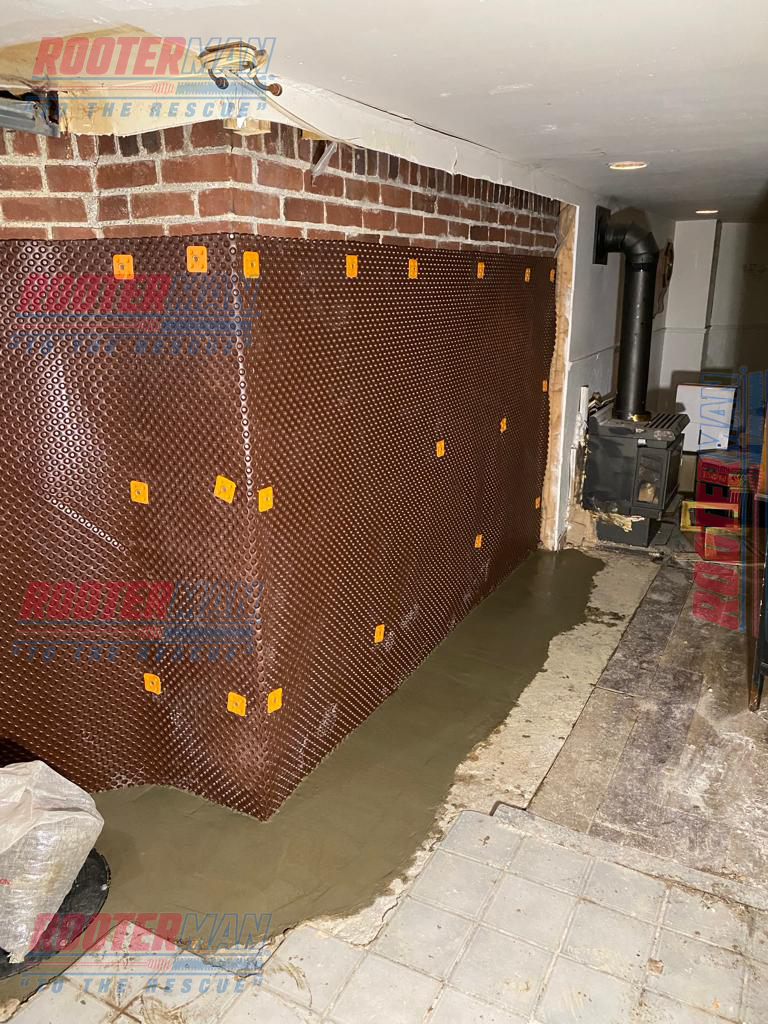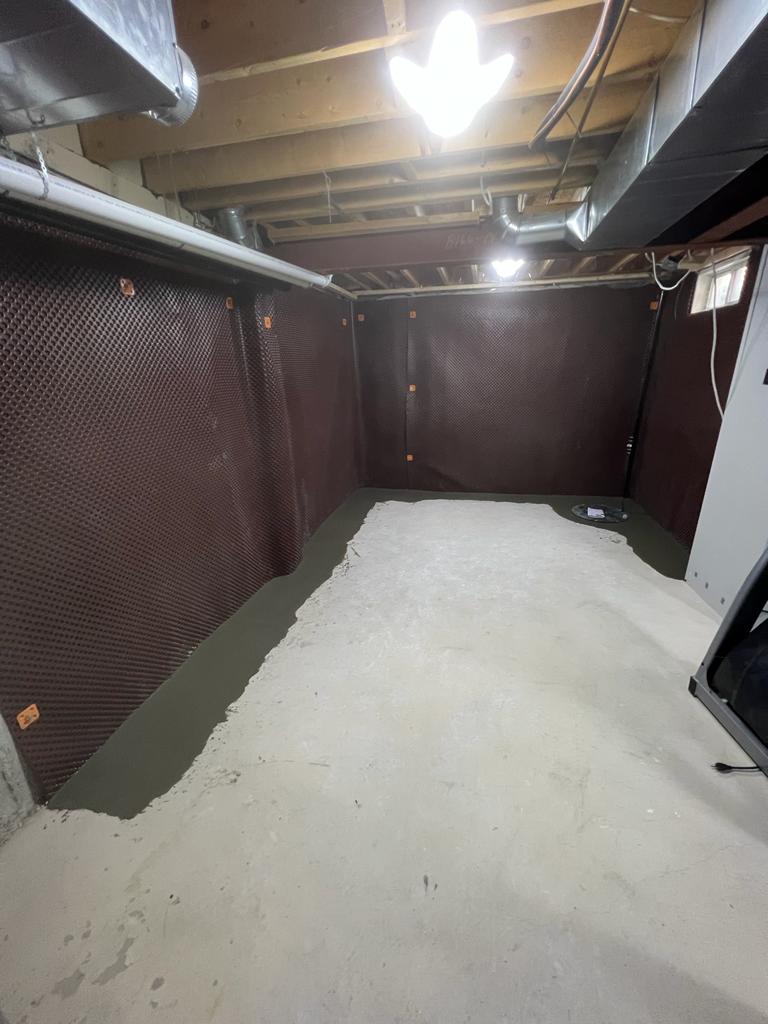
Basement waterproofing is a crucial measure for preserving the structural soundness and worth of your residence. Basement leaks and moisture can result in several issues, such as structural deterioration, proliferation of mold, and diminished air quality. This article will examine the significance of basement waterproofing and its ability to avoid leaks, thereby guaranteeing a residence that is both dry and secure.
Understanding Basement Leaks
Basement leaks are a prevalent problem in numerous households, frequently resulting from causes such as hydrostatic pressure, inadequate drainage, and cracks in the foundation. Over time, water can infiltrate these weaknesses, resulting in moisture and seepage in your basement.
Indications of Basement Dampness
Early detection of basement moisture can help prevent further severe damage. Be vigilant for damp areas on walls, paint that is coming off, unpleasant smells, and efflorescence (a white, powdery substance found on walls.
What are the benefits?
Preserves the Integrity of Your Home’s Foundation: By diverting water away from the foundation, it safeguards against potential harm to the structure.
Prevents Mold and Mildew: Maintaining a dry basement minimizes the likelihood of mold and mildew proliferation, which can have adverse effects on health.
Expands Habitable Area: A basement that has been made watertight can be utilized as a secure dwelling or storage space.
Increases Property Value: Homes equipped with waterproofed basements are more attractive to prospective purchasers.
Methods of Basement Waterproofing
Implementing drainage systems, such as French drains or sump pumps, effectively diverts water away from the foundation, so ensuring a dry basement.





